| Clothing Matters is concerned about PLASTIC... from micro-fibers of polyester clothing now in our food chain and polluting our Great Lakes ecosystems, to the unprecedented amount of plastic waste that you can see on beaches everywhere. We proudly partnered with Western Michigan University MBA students on an IMPACT Project Beach Clean-Up and fundraiser at Holland State Park June 24, to support Alliance for the Great Lakes. Students wanted sustainable T-shirts that prevent pollution. They chose a deliciously comfortable, 100% organic cotton shirt and created an encapsulating design for the front. On the back, they chose to print this information about their sustainable choice: This organic cotton shirt offsets polyester's effects as a primary source of micro-plastic pollution in our Great Lakes & prevents 1/3 lb of insecticide from polluting 700 gallons of water to grow 1 non-organic cotton t-shirt! The need for us all to understand and take actions that help prevent the myriad of ways in which the plastic you use impacts personal & ecological well-being is paramount. | 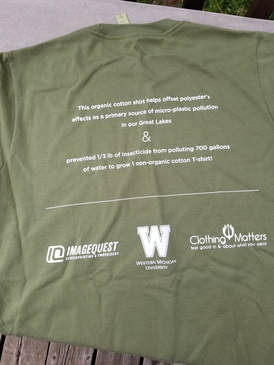 PLEASE do your share: ~Before you get to the beach (or anywhere else), find ways to avoid Single Use Plastic (SUP) so you aren't part of this ~While at the beach, address the issue of plastic and rally others to join you in picking up as much of it as you can--a pocketful of tiny pieces will prevent them from being mistaken by fish for food. ~Manage and take ALL of your trash with you--even tiny pieces--and encourage others to do the same. ~Before you buy plastic, petroleum-based clothing (polyester/acrylic/nylon/acetate), consider the 1000s of unregulated chemicals used to make apparel, many of which are persistent and hormone-disrupting, absorbable through the skin into bloodstreams and attached to tiny pieces that shed and contribute to what is now a significant source of micro-plastic pollution in our Great Lakes, rivers, oceans and drinking water. |
|
3 Comments
Listen to the discussion:http://michiganradio.org/post/study-your-great-lakes-microbrews-might-come-hint-microplastic For Kosuth's Study:http://journals.plos.org/plosone/article?id=10.1371/journal.pone.0194970 |
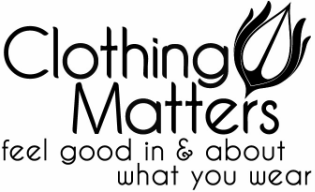
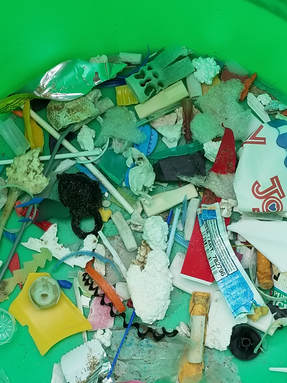
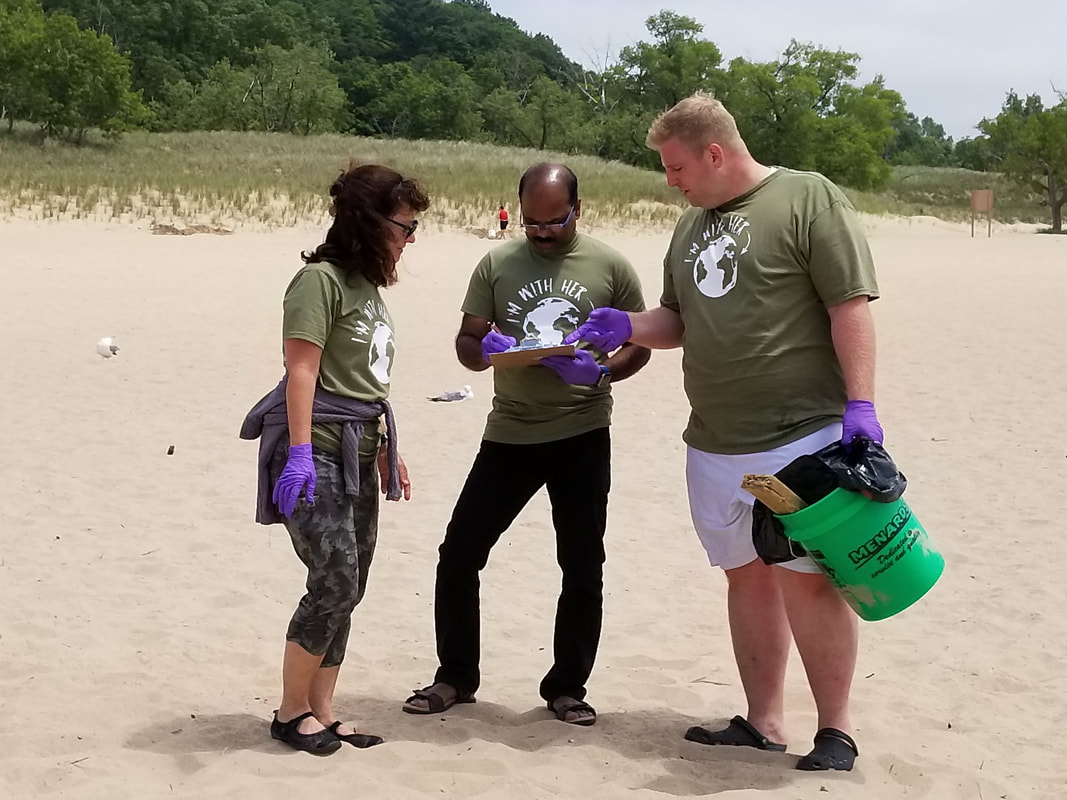
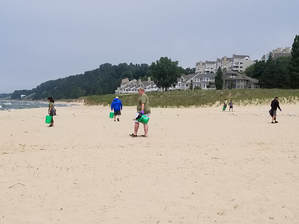
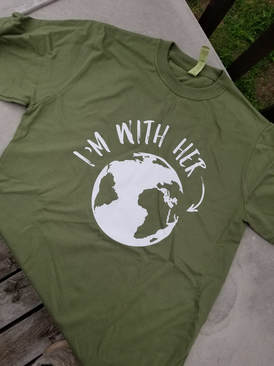
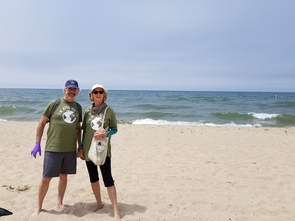
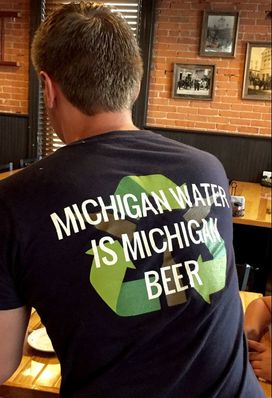
 RSS Feed
RSS Feed